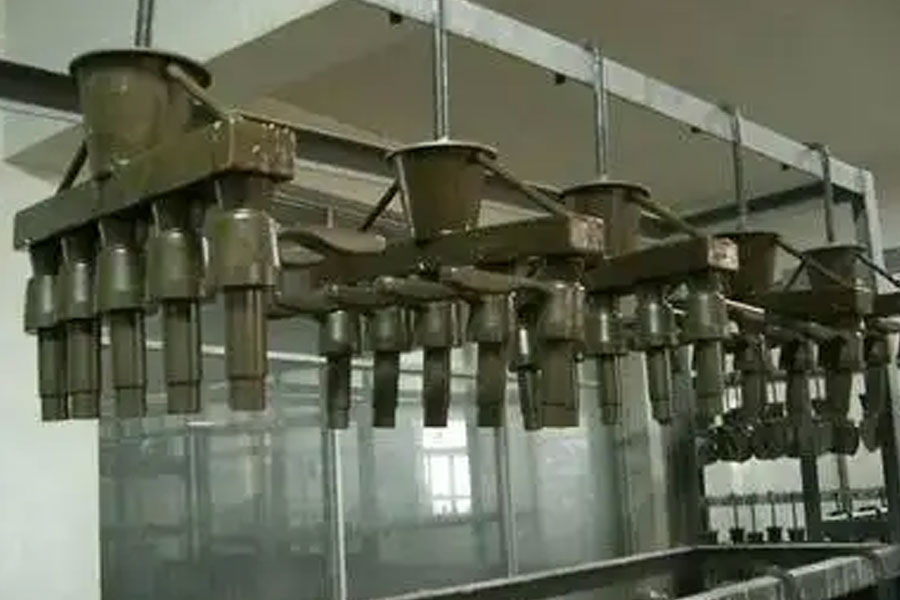German Kunststoff company has developed biological waste gas purification equipment. The harmful gas generated during core molding is separated from the harmful substances in the exhaust gas through the active oxidation of sediments and moisture, as well as by means of biochemical oxidation of trace organic substances. The EU collects the waste heat generated by the factories through the alliance of member states and directly supplies it to other manufacturing enterprises or urban energy-consuming equipment. It is reported that this transformation alone will save 20% of electricity and reduce carbon dioxide and harmful gas emissions by 15%. At the same time, EU member states have improved the efficiency of heat recovery and utilization by continuously transforming high-energy-consuming equipment in the industrial manufacturing industry and adopting a combination of heating, gas supply and power generation. This greatly promotes the development, production and practical application of new technologies and equipment for waste incineration, thereby improving the combustion efficiency and heat utilization efficiency of organic matter in waste and flue gas, greatly reducing the generation of harmful substances and minimizing the environmental pollution and greenhouse gas emissions.
In 1997, the Japan Iron and Steel Industry Association organized the 2010 Corporate Action Plan, which proposed to reduce energy consumption per ton of steel by 10% on the basis of 1990 in terms of energy conservation. In addition to actively promoting mature energy-saving technologies, it is necessary to vigorously develop and apply new energy-saving technologies. At the same time, it is proposed to eat 1 million tons of waste plastics through the blast furnace, which is equivalent to saving 2% of the energy consumption of steel. The use of steel waste heat for district heating is equivalent to saving 1% of steel energy consumption; in terms of solid waste, the utilization rate of steel slag and iron dust sludge produced has increased from 95% in 1990 to 99%; The recycling rate has exceeded the 75% recycling rate stipulated by the government. Japanese iron and steel enterprises widely use energy-saving technologies such as coke quenching and power generation, and their energy consumption per unit is the lowest in the world, only two-thirds of that of Chinese enterprises.
In short, in order to promote energy conservation and emission reduction, developed countries such as Europe, the United States, and Japan implement mandatory or guiding policies, all of which are based on making full use of market mechanisms. At the same time, enterprises are also actively using policies to carry out technological innovation, and the environmental protection industry continues to emerge and play an important role. The significant progress made by European and American countries in energy conservation and emission reduction is the result of the cooperation between their government policies and market mechanisms.

